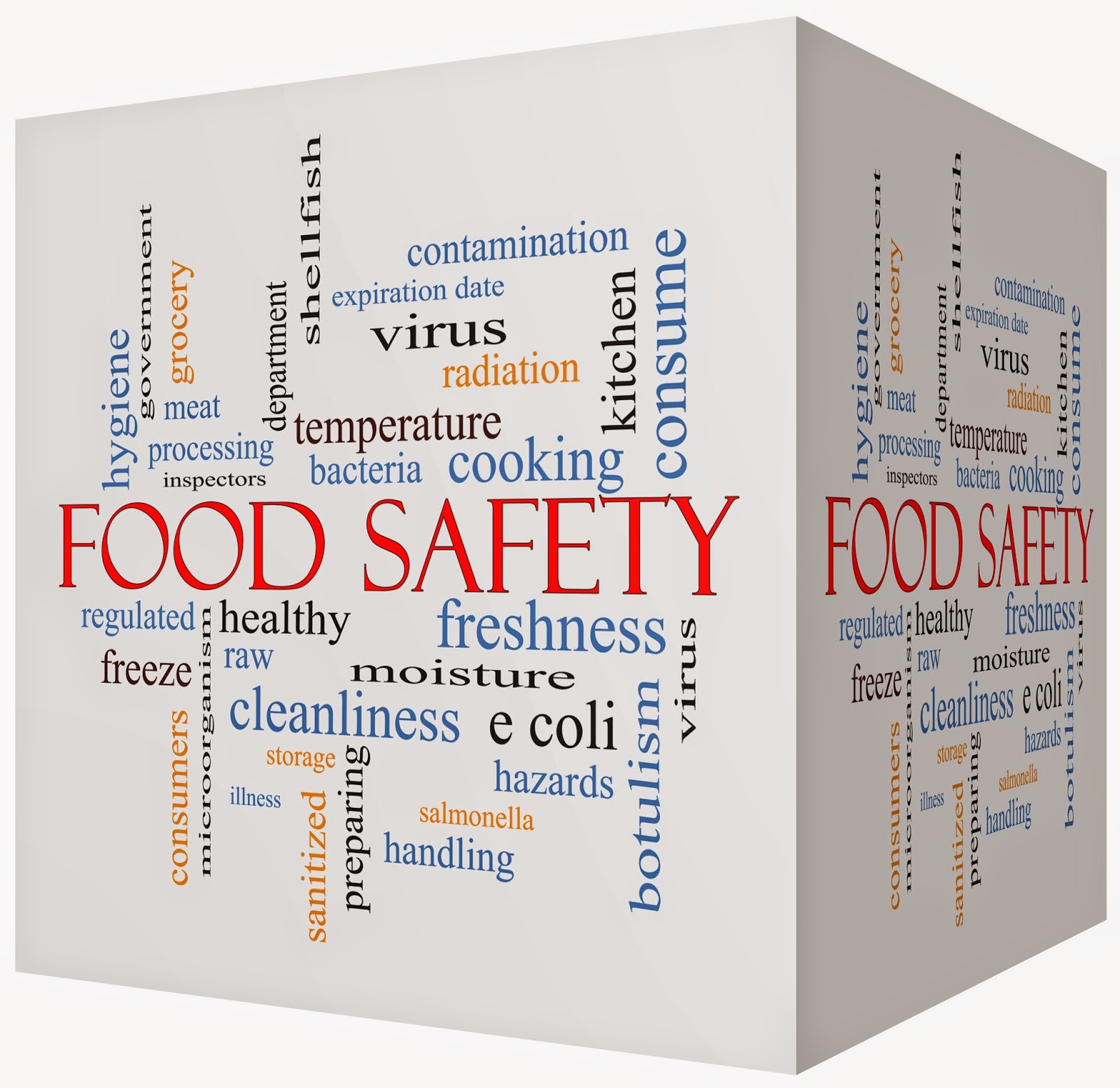4/24/2015
BY: JOHN SPILLSON
One of the primary goals of the Food Safety Modernization Act (FSMA) is to create a food manufacturing process that uses scientific methods to avoid hazards and decrease the chance of recalls. But what happens when the unimaginable FOOD RECALL takes place? Today, we live in the most scientifically, technologically advanced era of all time. However, as we have read about or watched on the news, recalls are real and much more common than we think.
Prevalence of Recalls
 In the past week alone, there have been recalls announced for hummus, pine nuts, raw milk and cream, two brands of baby food, and a massive voluntary recall of ice cream. The reasons for these recalls include possible salmonella contamination, potential container seal loss, glass fragments in the product, possible listeria, and finally, actual evidence of listeria. While some of these factors may be production related, containing physical hazards identified by HACCP, most contain biological hazards. Regardless, they pose serious, potential health hazards requiring the products to be pulled from the shelves.
In the past week alone, there have been recalls announced for hummus, pine nuts, raw milk and cream, two brands of baby food, and a massive voluntary recall of ice cream. The reasons for these recalls include possible salmonella contamination, potential container seal loss, glass fragments in the product, possible listeria, and finally, actual evidence of listeria. While some of these factors may be production related, containing physical hazards identified by HACCP, most contain biological hazards. Regardless, they pose serious, potential health hazards requiring the products to be pulled from the shelves.
Time is of the Essence
How a company handles a recall, especially initially, can ultimately determine whether they will survive the entire event. In 2011, 300,000 cantaloupes harvested from Jenson Farms in Colorado were recalled after one melon tested positive for listeria. Unfortunately, the recall did not come soon enough and resulted in 33 deaths. According to a 2014 USA Today article, the Jensen brothers received five years of probation, were ordered to pay $150,000 in fines, and perform 100 hours of community service. Since Jenson Farms immediately sought improvements in sanitation procedures and they fully cooperated with the investigation, the judge and prosecution did not seek out jail time. The Jensen Farm remains open today.
Conversely, the Peanut Corporation of American created the perfect storm of mismanagement during a salmonella outbreak in 2008. Owner Stewart Parnell could face decades behind bars for his less than adequate handling of the company’s recall. Mr. Parnell was convicted of knowingly shipping bad peanut butter and falsifying test results to hide the problem. He is awaiting sentencing, which could exceed 30 years, while his brother could face 20 years (source: Food Safety News). The message it sends is actually a pretty simple one: “If you deliberately ship and sell contaminated food, there's now a good chance you might go to jail," said Jaydee Hanson of the Center for Food Safety. The Peanut Corporation faced at least a dozen civil lawsuits and was forced to close in 2009.
Restocking the Shelves
So, now we should understand that recalls happen to both the most diligent, and not so thorough, of companies. Now what? Would you buy products from them again? It all boils down to response. Companies who seek immediate resolution, improve safety procedures, communicate openly, and invest in additional training helps reestablish a company’s credibility and commitment to consumer safety. The initial steps a company takes highly dictates the course of their future.
Now it’s time to restock those shelves! If a company is genuinely concerned with winning back consumers they have a better chance of doing so if they are:
- Honest with everyone.
- Forthcoming with their findings.
- Quick with their response.
- Diligent with their investigation.
- Steadfast with their corrective actions.
Gain the Advantage: Prevention Starts Early
Companies need to ask themselves: How badly do I want to avoid a recall? Do I have the right steps in place to keep production safe? The bottom line is that adequate and extensive Good Manufacturing Practices (GMP’s) and HACCP procedures are the foundation of any successful food safety plan. MMTC is offering a one-day
class on May 5, which will help food processors establish adequate GMP’s and lay the foundation for a robust HACCP plan. Let us help you eliminate the hazards in your process.
Since 1991, MMTC has assisted Michigan’s small and medium-sized businesses compete and grow. Through personalized services fitted to meet the needs of clients, we develop more effective business leaders, drive product and process innovation, promote company-wide operational excellence and foster creative strategies for business growth and greater profitability. Find us at www.mmtc.org.
Categories: Food Processing